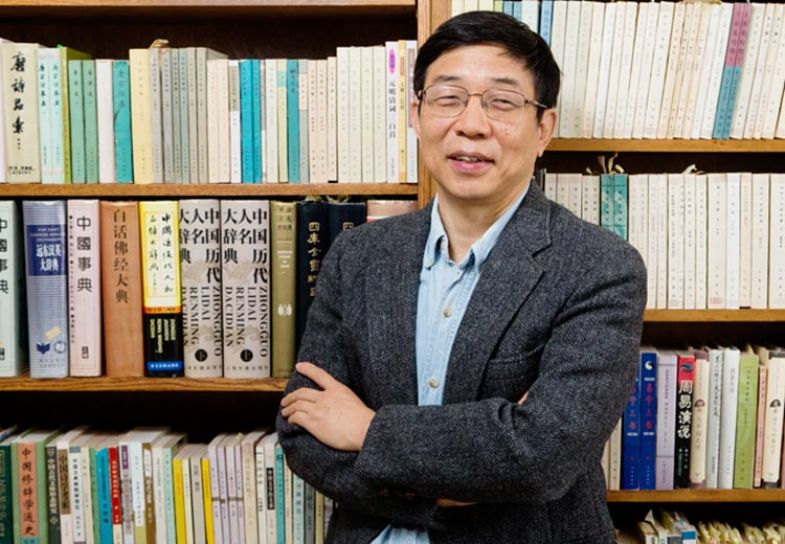
Research at Lingnan University Hong Kong is helping to introduce global audiences to Chinese literature and values
China is recognised on the global stage for its vast research, technological and economic outputs. However, arts and humanities subjects, such as poetry and literature, tend to take a back seat.
As a professor of Chinese literature at Lingnan University, a liberal arts institution in Hong Kong, Cai Zong-qi is on a mission to change that. “There’s a special value in literature as the medium of expression of one’s deepest feelings,” he says.
Making international audiences aware of Chinese verse is important, Cai adds, “because literature is probably the least affected by the official rhetoric; it is not a mouthpiece of any regime”.
Through his work teaching Chinese literature at Lingnan University, Cai seeks to forge in-depth collaborations with top international institutions in Chinese studies to make Lingnan University a vanguard in promoting cultural exchanges between China and the rest of the world.
“To really have a positive impact on the field and within scholarship, we have to excel in our individual research but also have productive collaboration with colleagues,” he explains.
Having spent 30 years teaching in the US, Cai returned to Hong Kong full time as a chair professor in the university’s department of Chinese in 2020. “Lingnan is a very congenial and supportive place for research,” he says.
Cai has authored several books and is the co-founder and editor-in-chief of two influential journals: the Journal of Chinese Literature and Culture and Prism: Theory and Modern Chinese Literature. He also edits the Lingnan Journal of Chinese Studies.
From his experience researching the field, Cai believes that “educated Chinese people know a lot more about the English-speaking world than the other way around. And in these times of geopolitical tensions, a lot of the rhetoric [about China], I think, is built upon ignorance.”
That literature can be a tool to encourage better understanding between cultures is what drives Cai to make his research and teaching outputs as widely accessible as possible.
One such project is his How to Read Chinese Poetry podcast, which is being turned into a video series. Each podcast episode is 15 to 30 minutes long, free to access, and comes with supplementary learning materials online. No prior understanding of Chinese is necessary.
“The aim is to get out of the ivory tower of academia and speak to a broader, public audience,” he says.
With Lingnan University’s support, Cai and colleagues launched the Advanced Institute for Global Chinese Studies. The institute’s mission is to foster in-depth exchanges between institutions and scholars around the world, integrating Chinese and Western liberal arts education.
It is through this work that another collaboration project aimed at translating key terms in Chinese humanities is taking place. “The best way to introduce people to Chinese culture, particularly on an intellectual level, is to explain clearly the key terms that are used in Chinese philosophy and literary criticism,” Cai explains. “Those key terms cannot be easily described or translated – it is a difficult language.”
By bringing together top Chinese and Western scholars, Cai aims to translate the key terms to make them accessible to English-speaking cultures. “With that international collaboration, I believe we can make a very significant contribution,” he concludes.
Find out more about Lingnan University.



















